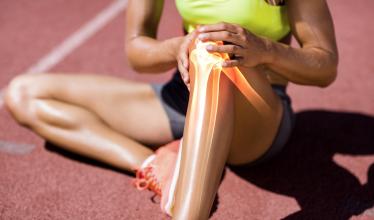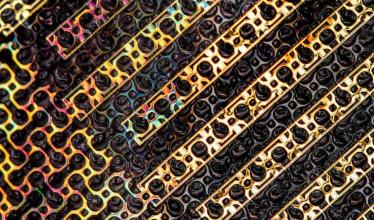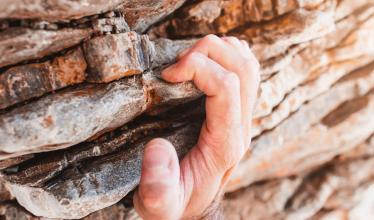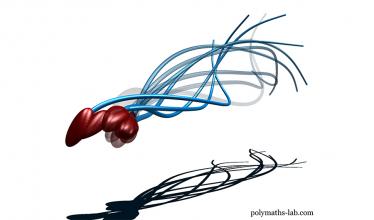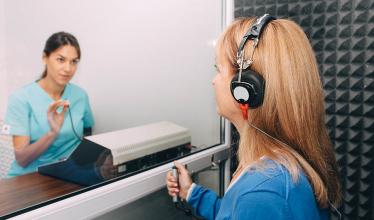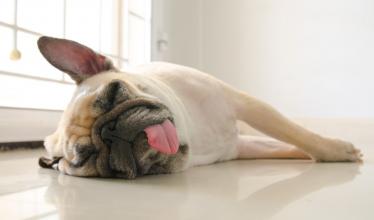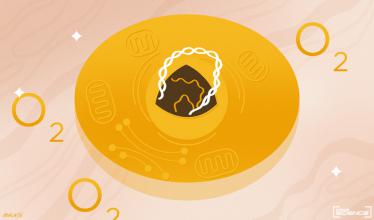Human physiology
In this episode of Inside Science Conversations, Phil Skiba discusses how the COVID-19 pandemic has affected athletes and front-line workers.
Five space travelers had elevated levels of proteins in the blood often seen in people with head trauma and neurodegenerative diseases.
The medicine Nobel Prize recognized researchers studying how our bodies sense temperature and touch. Pain is much more complicated.
New e-skin can withstand profuse sweating, resulting in more accurate readings of biomedical measurements.
New findings suggest fingerprints and sweat work together in "fight or flight" survival responses.
Traditional microscopes make it look like sperm tails undulate symmetrically -- but that's an optical illusion.
Study attributes age-related hearing loss to hair cells -- the same sense organs that are damaged by loud noises.
What links a wildfire raging across a forest to the electric signals rippling through our hearts? Enter the world of waves in excitable media.
Study identifies having a fat tongue as a primary factor in the common sleep disorder.
Researchers found that when we fall from different heights, our bodies move differently to absorb the impact.
Oxygen-sensing genes allow cells to adapt when oxygen levels drop.
New study of hearts from apes and humans shows that people need to be active to have healthy hearts.



